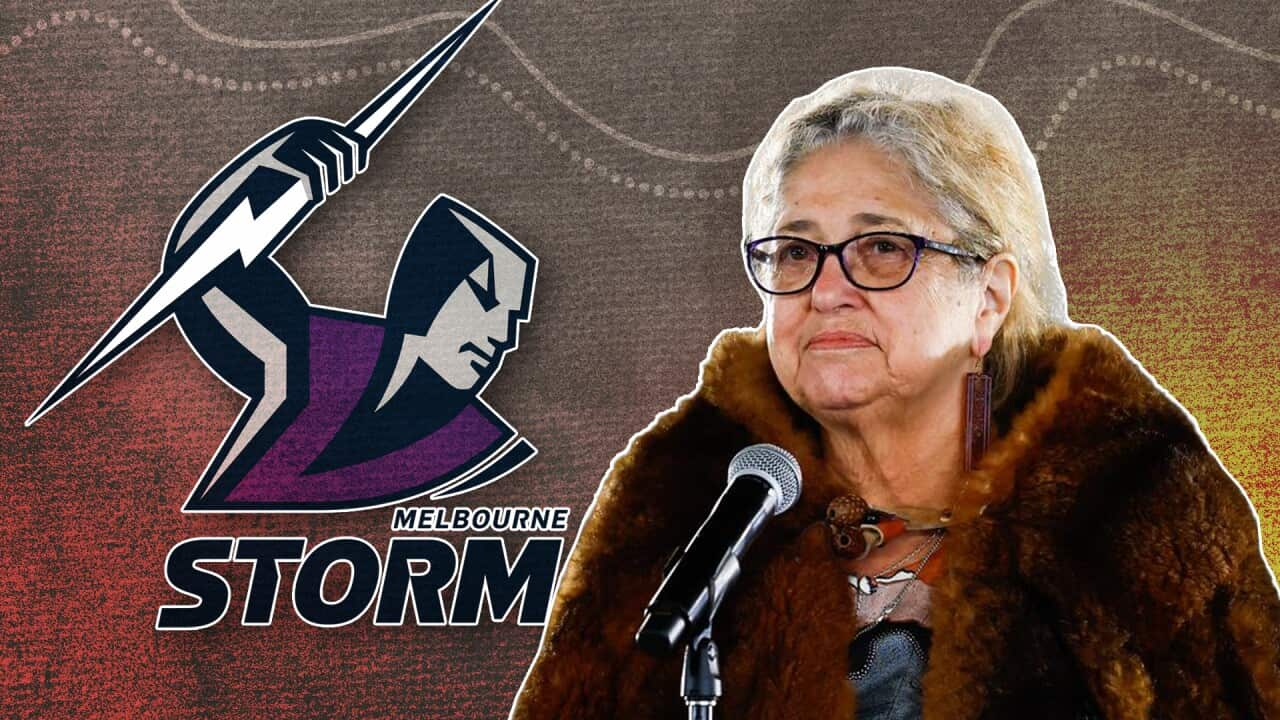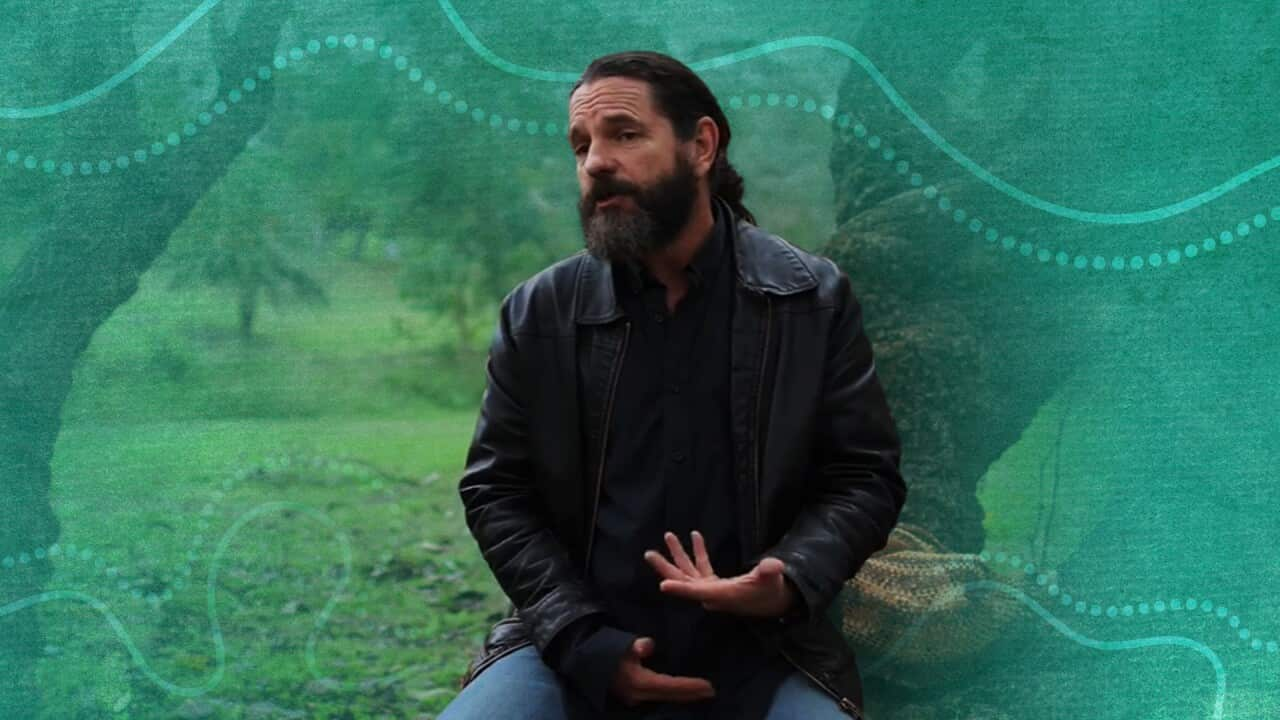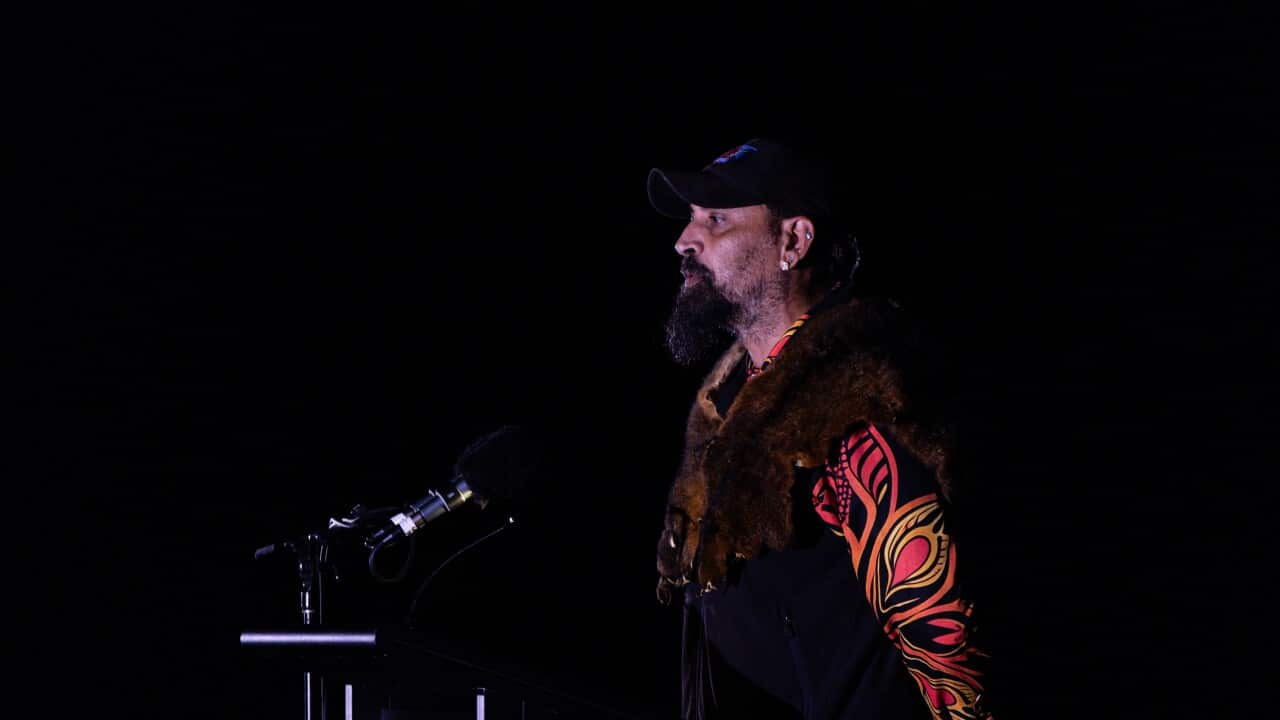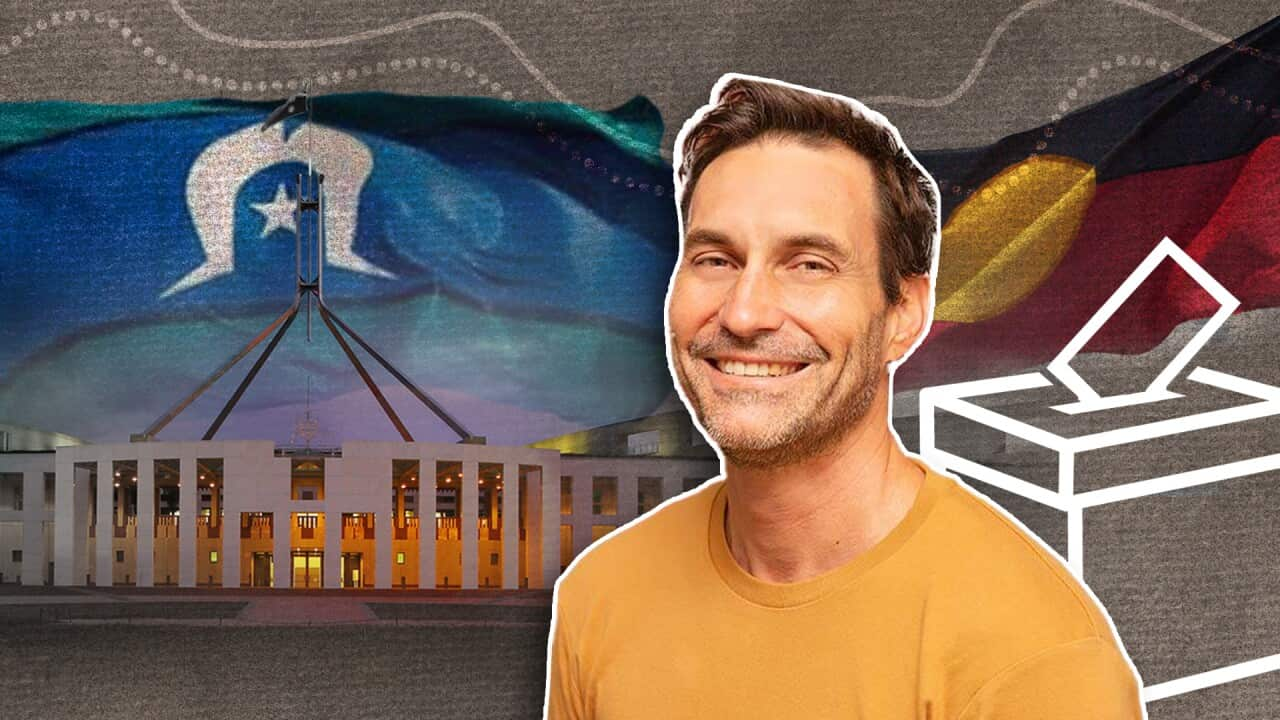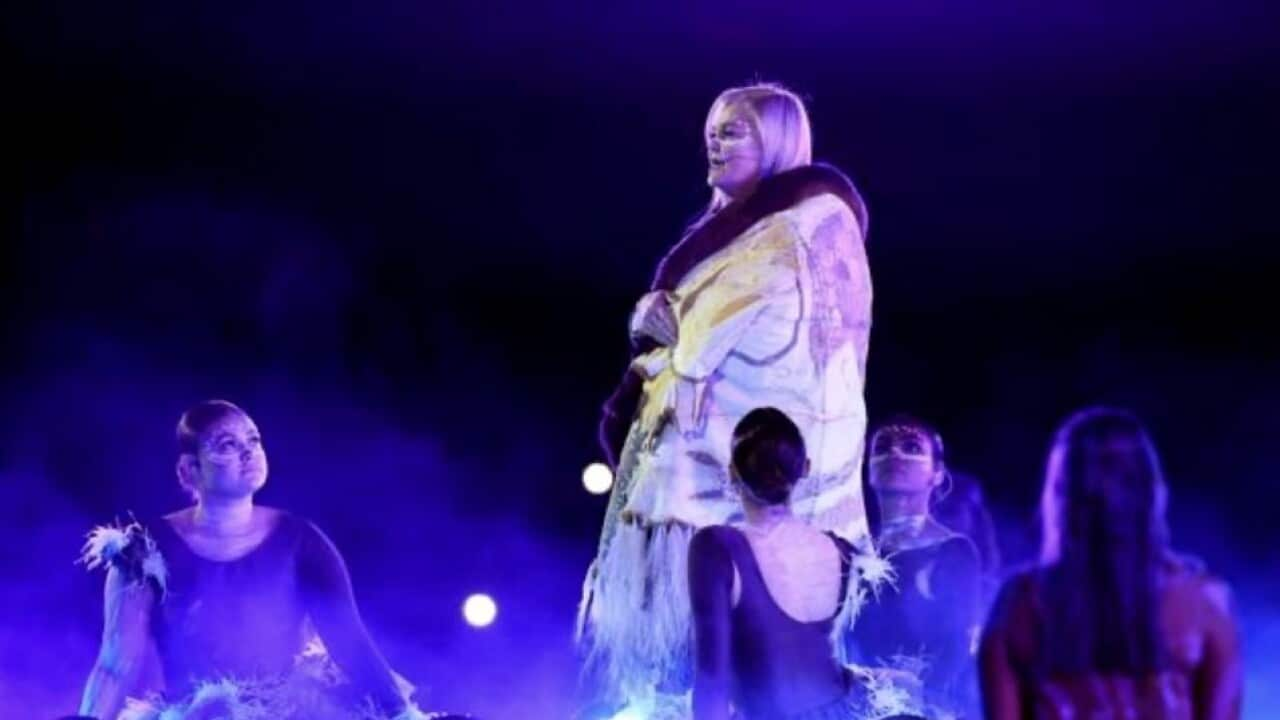Melbourne Storm NRL club is facing mounting criticism after cancelling a scheduled Welcome to Country ceremony before their Anzac Day match against the South Sydney Rabbitohs.
The ritual was to be delivered by respected Wurundjeri Elder Aunty Joy Murphy Wandin AO, with Djirri Djirri dancers performing alongside Māori cultural group Ngā Matai Pūrua Kapa Haka.
The cancellation, confirmed to have occurred after the arrival and rehearsals of the performers,
Aunty Joy Murphy Wandin AO, with Djirri Djirri dancers said that they were told there were concerns from the Melbourne Storm board following the furore surrounding the booing of Indigenous Elder Uncle Mark Brown at a prior ANZAC Dawn Service.
The ABC reported that Melbourne Storm since clarified that the cancellation was due to the board not having approved the Welcome to Country to be held at the event.
Club CEO Justin Rodski informed the performers of the decision late in the day, offering for the dancers to continue performing without the Welcome to Country—a proposal the group ultimately declined.
Djirri Djirri and Aunty Joy Murphy Wandin issued a joint media statement on Saturday.
“We arrived at 2:30pm and have been in and out of the change room to rehearse, it has been raining all day and we have multiple babies and kids with us waiting in the rain.
“Aunty Joy Murphy Wandin AO, a senior Wurundjeri Elder, was told she could not do a Welcome on her own Country, which devastated her as she wanted to honour her father who fought for Australia in World War I," the statement read.
The Welcome to Country ceremony has become a key topic in the final days of the Federal Election campaign after booing disrupted an ANZAC Day ceremony in Melbourne.
Aboriginal and Torres Strait Islander advocates say the backlash speaks to a deeper discomfort some Australians have with acknowledging First Nations sovereignty.
“It does speak to the deeper issue of people not feeling comfortable with the idea that they are on Aboriginal and Torres Strait Islander land,” said Jessa Rogers, academic and Wiradjuri woman.
While both major party leaders condemned the booing, Opposition Leader Peter Dutton has continued to question the relevance of Welcome to Country ceremonies.
During the final leader's debate on Sunday night, Dutton labelled Welcome to Country ceremonies as 'overdone'.
“I think it’s overdone, to be honest. I don’t think we need a Welcome to Country at every event. I think most veterans don’t want them at ANZAC Day dawn services,” he said.
His comments drew strong backlash from First Nations leaders and advocates.
Vanessa Turnbull Roberts, Bundjalung woman and lawyer, argued that the debate over the legitimacy of Welcome to Country ceremonies should not be led by non-Indigenous voices.
“He is not the person to be having that discussion, nor is he the person to be talking about whether it takes place or not,” Ms Turnbull Roberts said.
“He is a non-Indigenous man and it is up to the Traditional Owner of that land to determine whether they happen or not. When it comes to the rhetoric we’ve seen from the Liberal Party and the conversation around what could potentially be our national leader here in this country—it is quite concerning.”
Ms Rogers reaffirmed that Welcome to Country remains a deeply generous and inclusive act, not a divisive one.
“The word ‘welcome’ is a generous offering, and that is exactly what is happening when people are welcomed to Country,” said Jessa Rogers.
“So no, I don’t think it’s divisive, and I really can’t understand that point of view.”
Larrakia man Richard Fejo explained that Welcome to Country ceremonies are gestures of inclusion, offering both spiritual protection and connection.
“We’re taking you under our wing and introducing you to our spiritual ancestors and asking them to guide and protect you,” said Mr Fejo.
“It’s only about welcoming. It is inclusive—not exclusive.”
Respected academic and Yiman woman Professor Marcia Langton also weighed in on LinkedIn.
“Advance – the No campaign organisation heavily funded by the Liberal Party – advised its members to organise against Welcome to Country ceremonies. The neo-Nazi interventions on Anzac Day were no coincidence. Dutton plays dirty.”
Some see Storm’s decision as a reflection of this shifting political climate. Djirri Djirri and Aunty Joy say their cultural practice was treated as optional, or worse, a burden.
"We strongly regard this as being totally tokenistic and goes completely against their journey of reconciliation and we feel very disrespected.
"What we do isn’t a performance, it’s cultural ceremony and protocol.”
Aunty Joy remained at AAMI Park throughout the ANZAC ceremony, wearing her father’s war medals in his honour.
Sapper James Henry Wandin served in the 1st Division Signal Company of the Australian Imperial Forces between 1917 and 1919.
The group described the day, which should have been one of unity and remembrance, instead as “painful.”
In December, Melbourne Storm announced they would be scaling back Welcome to Country ceremonies, limiting them to “culturally significant” events such as Indigenous Round and ANZAC Day.
However, despite this commitment, the club went back on their word for the ANZAC Day match, abruptly cancelling the planned ceremony.
As the fallout continues, Djirri Djirri and other First Nations leaders are calling for deeper accountability—not just from Melbourne Storm, but from institutions at large.
“This is not about performance,” they emphasised.
“It’s about spirit, Country, and culture.”
